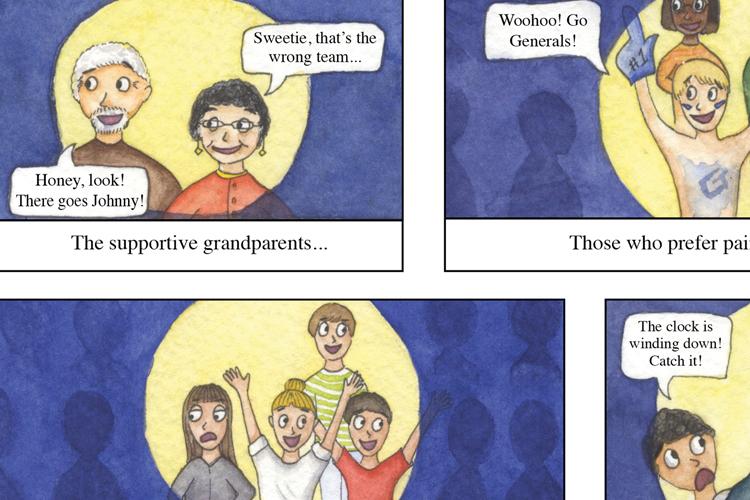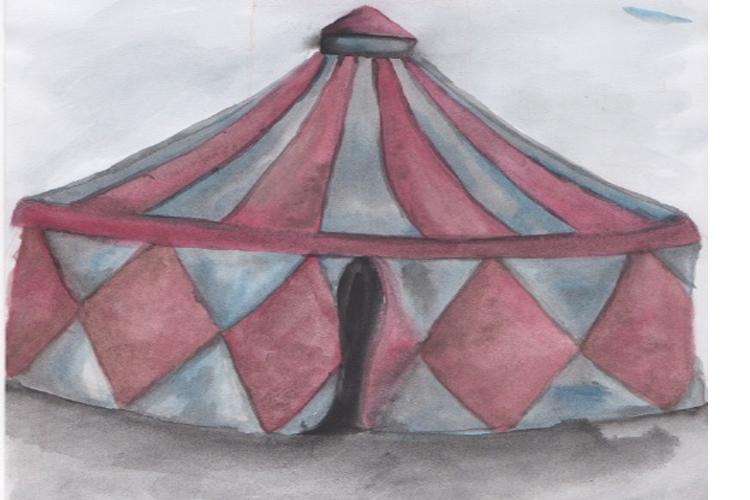 As Portlanders, we like to think of ourselves as being environmentally conscious. Our city has a long legacy of progressive environmental leadership, and our reputation as a green city is known worldwide. We recycle, use public transportation and ride our bikes daily. Portland has even been ranked within the top ten most environmentally friendly cities in numerous studies and surveys.
As Portlanders, we like to think of ourselves as being environmentally conscious. Our city has a long legacy of progressive environmental leadership, and our reputation as a green city is known worldwide. We recycle, use public transportation and ride our bikes daily. Portland has even been ranked within the top ten most environmentally friendly cities in numerous studies and surveys.However, our past environmental achievements are being taken for granted by many young people. It is time that youth step up and recognize that while we may be unable to change the ways of the entire country, the Grant community can do its part in securing Portland’s green legacy for years to come.
At Grant, issues of social justice are often at the forefront of many students’ minds, while environmental issues have receded into the background. There is a distinct lack of dialogue surrounding the environment, and students rarely bring up the topic during class.
Littering is so common that the turf field at Marshall had to be closed to students several times throughout the last school year. The school lacks recycling receptacles in the hallways, and drinking cups are often strewn across the floor with abandon. Bernadette Robinson, the leader of the Environmental Club at Grant, says, “There’s an attitude that, like, since we live in Portland, we’re green and we’re good and there’s really not much else we can do.”
Grant principal Carol Campbell, who started teaching science at Grant in 1998, says that students used to spend more time on environmental issues. “There was a group of students that spearheaded the community garden that was put in front of Grant,” she says. “The bioswales along the fence, that was mostly driven by the Environmental Club.”
Paying more attention to environmental issues does not mean Grant students have to leave social justice issues behind. In fact, the two are deeply intertwined.
Michael Armstrong, former sustainability manager for the city of Portland, emphasizes this. “If you just come show up with an environmental agenda, I don’t think we get very far,” he says. “The better we’re able to understand all these other issues, the better we’re able to see the connections.”
“At Grant, issues of social justice are often at the forefront of many students’ minds, while environmental issues have receded into the background.”
Today, we are already seeing the effect our actions have on the environment. The ravages of climate change will only get more intense; the forests will keep shrinking and species across the planet will continue to go extinct. However, if we act now, science shows that we can both minimize existing damages, and put ourselves on a path towards a healthy and thriving planet.
In years past, Portland has taken the lead on solving many environmental issues, including pollution, climate change and urban sprawl. We pioneered work in green infrastructure, have a park system known worldwide and maintain the largest car-free bridge in the United States.
In 1993, Portland became the first city to create a climate action plan. This was followed by a resolution passed by City Council in 2017, committing Portland to a goal of 100 percent renewable energy by 2050.
However, it is quickly becoming apparent that goals and commitments will not be enough. While the steps that we have taken are important and should not be underestimated, we cannot stop here. “We do have lots of things that we need to work on, we can’t coast and rest on this work that was done decades ago now,” Armstrong states. “It’s given a great foundation, but there’s so much more to be done.”
“If we act now, science shows that we can both minimize existing damages, and put ourselves on a path towards a healthy and thriving planet.”
That is where youth come in. The groundwork has been laid; now it is up to us do right both by those who came before us, and those who will come after. It’s time for youth to take charge of our future. We must act now to ensure that our children inherit our environmental legacy and not our environmental problems. So take a moment and consider what you are doing to make a difference.
Start small and work your way up. Take a moment to change your daily habits. Get together with friends and organize a clean up. If everybody at Grant does their part, we can make a real difference.
Environmental issues drastically affect our world, and have received far too little attention from the Grant community. “If you ask someone, anyone, at Grant, ‘Do you care about the environment?’ I think most people would say, ‘Oh yeah, of course,’” Robinson says. “But saying something is one thing and action is another.”
These problems cannot be easily fixed, and Grant students must be a part of the solution. Let our generation be defined by how we respond to the obstacles that lay before us, and not by the downfalls of decades past. As Campbell says, “I think it’s great that we’re addressing a lot of social and human issues, but if there’s no environment we’re not going to be around anyways.”






































